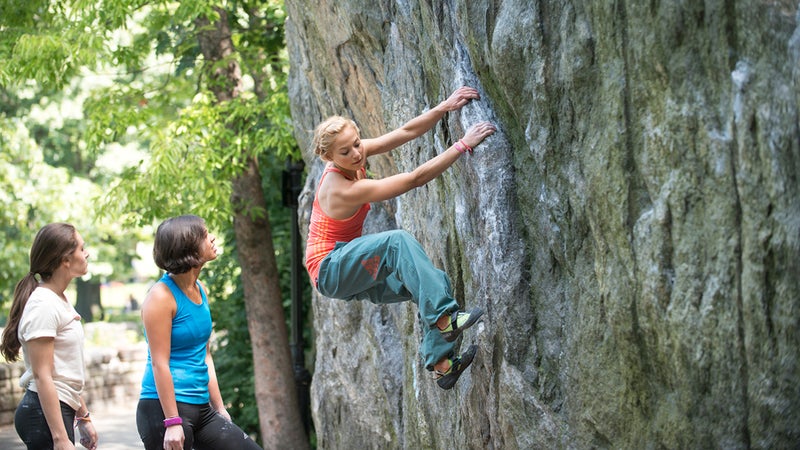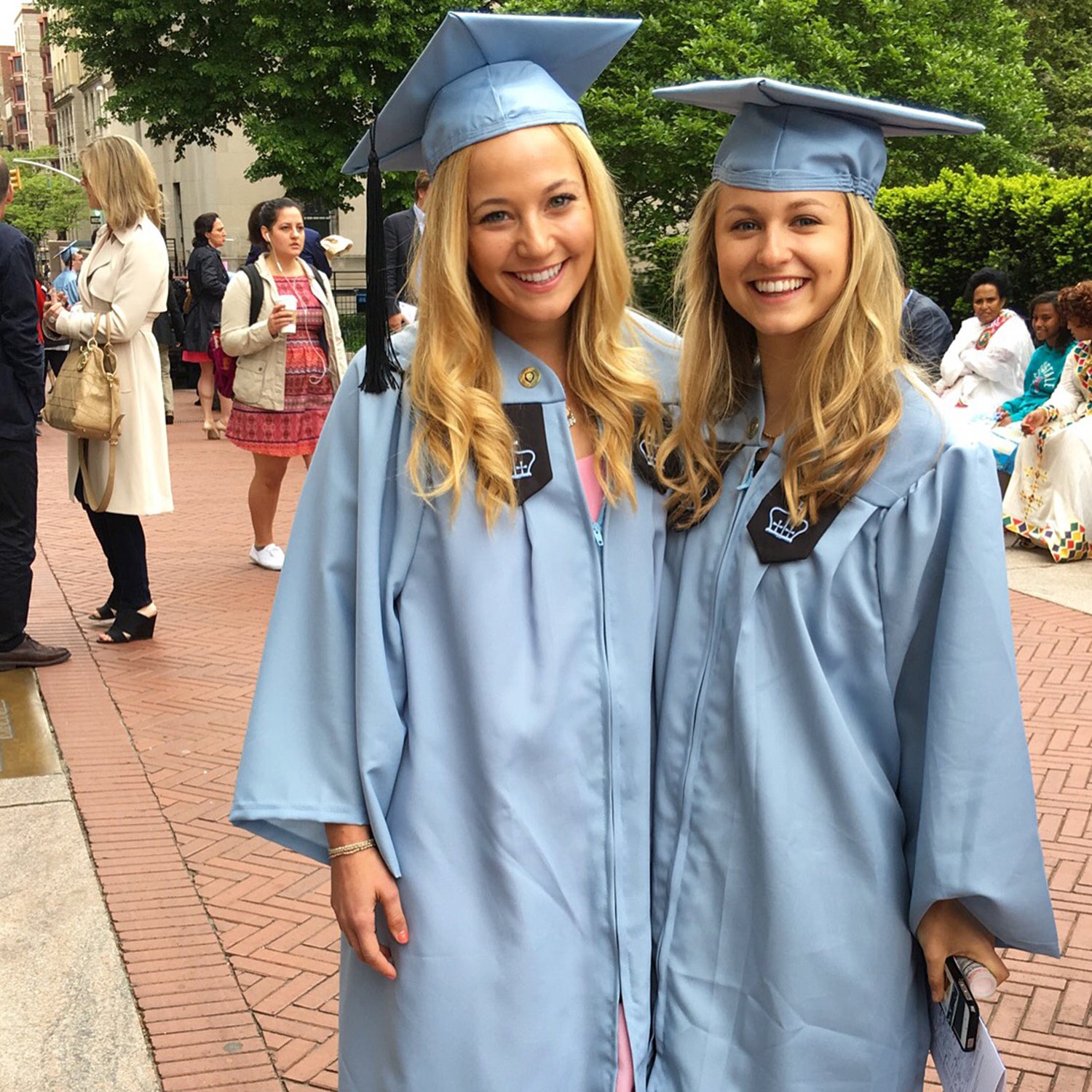Before starting as a freshman at Columbia University, I already had a full-time career and a global community. I had deferred a year and traveled to over 30 different countries, competing and climbing. Yet when I arrived on campus, I felt anxious about meeting people, nervous about the rigor of my classes, and intimidated by the game of Tetris I was playing trying to fit all my personal belongings into my tiny dorm room.

Here are some of the lessons I learnedÔÇöstarting on that first day and countinuing for four years until graduationÔÇöto get the most out of┬áfreshman yearÔÇöand the rest of college.┬á
#1. Diversify Your Community
Your campus is so much larger than school grounds. Explore the surrounding area and think of whatever city or town you are in as your extended campus. Volunteer at a local shelter, help a special interest group, join the nearby climbing gym. Explore opportunities on campus, as well. Hang out with people beyond your dorm mates. Go on a run with someone you just met who likes to work out, too. Or have dinner with some of your classmates. I joined the Kappa Alpha Theta sorority despite having no interest in Greek Life prior to college, but it was here that I have met some of my lifelong best friends. 
#2. Eat Well
Your college experience will help your brain, but donÔÇÖt forget your body, too. Ever heard of the Freshman┬á15? Prepare for long class schedules by bringing┬áhealthy snacks, like┬átrail mix or fresh fruit. Avoid vending machines and fast-food traps. As a professional climber, I needed to be super conscientious of this. I read about healthy eating and learned about healthy cooking. Since I was living in New York City, I did not cook often, but I knew how to prepare quick, healthy meals that were simple yet satisfying, like wild rice and chicken, and salads. Grains are easy to prepare in advanced and store in a small fridge for ready-to-go┬ámeals. Surround yourself with healthy options so that when you are in a pinch or a rush, your quickest option is a nutritious one.
#3. Prioritize Fitness
Make time to move. Sometimes the list of assignments you have will seem like they take up more hours than there are in a day. Stay on top of a workout routine and donÔÇÖt compromise your daily movement. When you can, make time to get outside and breathe fresh air. You will feel a lot better and your study time┬áwill be more productive. When I was living in New York City,┬áI walked or┬ábiked everywhere. I went to yoga clubs and took kickboxing and SoulCycle classes. It was an easy way to bridge the gap between fitness and socializing.
#4. Sleep for Success 
If itÔÇÖs past midnight and youÔÇÖre cramming for the extra hours of studying before the test, just go to sleepÔÇöideally for eight hours. When the night before the exam comes, focus more on a wholesome meal and a restful night than staring at the textbook.┬áThe hour before going to sleep, I turn my phone to silent and stash it away from the bed. Before going to sleep, IÔÇÖd┬áwrite out my schedule for the next day on a note pad. Then, IÔÇÖd┬ádedicate some time to writing in my journal: I found that by┬ádoing this, I wouldn't end up tossing and turning,┬áwith endless anxious thoughts running through my mind.┬á
#5. Be Open to the Other
Be kind to yourself. Everyone is different. Home in on your talents and diversify your experiences. Think about what it is that you want to get out of your college experience and remember your own values. Your decisions and values define you. 
I think back to my time after high school. Prior to going to college, IÔÇÖd┬átaken time off to focus on climbing and┬átraveling. My passion was my sport, my community, and my job. At Columbia, I realized that,┬áwhile I love the climbing community, expanding my network sparked other passions. In college, I got┬ámore involved with the nonprofit world and started dedicating┬átime to organizations like Right to Play, Up2Us Sports, and WomenÔÇÖs Sports FoundationÔÇöall of which were based in New York City. Community outreach programs like these enabled me to see the broader significance sports have had on my life; beyond the┬ápursuit of personal goals, I learned that climbing could become a┬áplatform for┬ábroader change.┬á
In short, say yes to new opportunities, follow up with new contacts, and open all the doors you can. 


